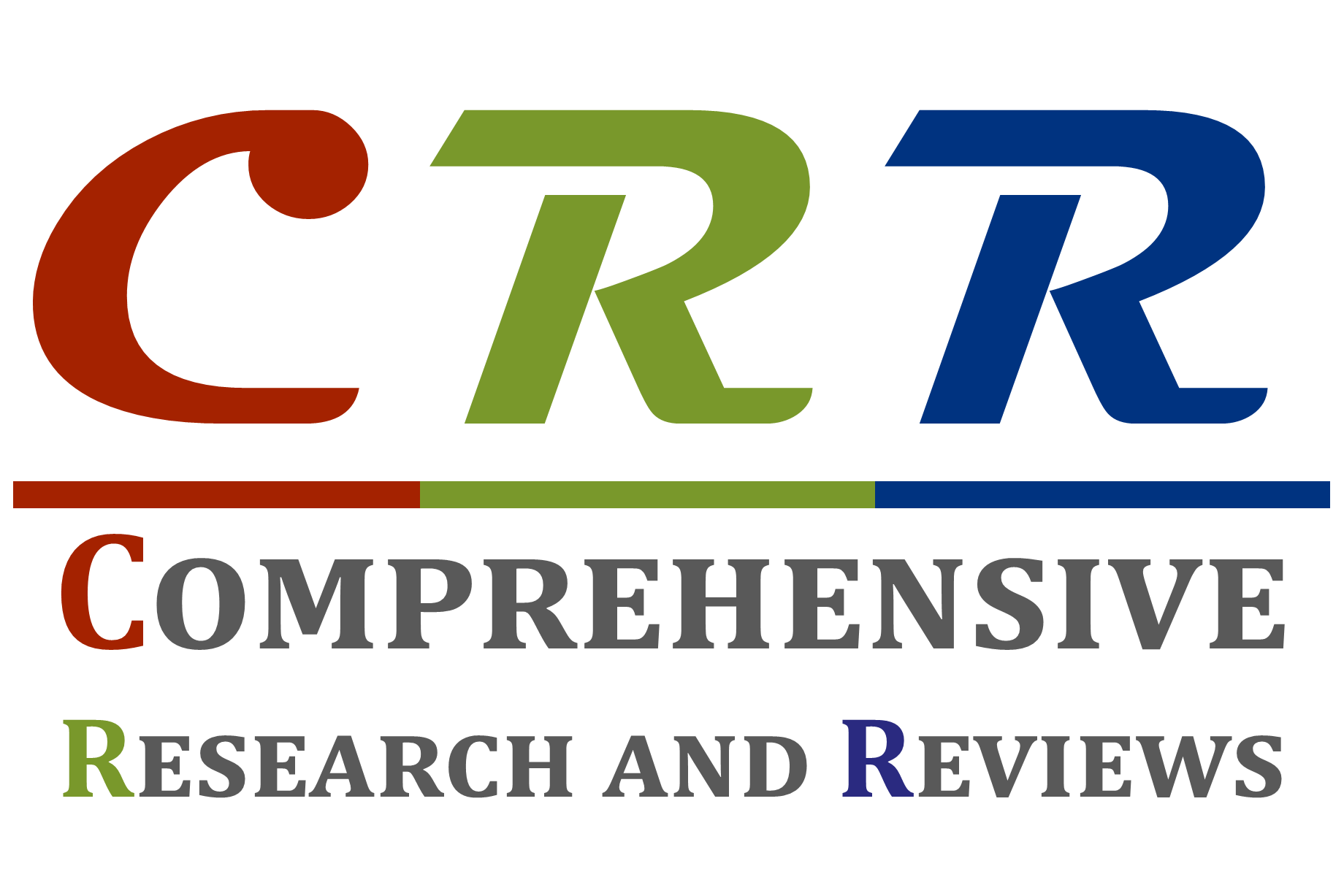Conceptual framework for assessing the impact of financial access on SME growth and economic equity in the U.S
1 Independent Researcher, Texas USA.
2 Independent Researcher, New Jersey, USA.
3 Independent Researcher, UK.
4 Leenit, UK.
5 OneAdvanced, UK.
Research Article
Comprehensive Research and Reviews Journal, 2024, 02(01), 013–022.
Article DOI: 10.57219/crrj.2024.2.1.0026
Publication history:
Received on 03 August 2024; revised on 12 September 2024; accepted on 14 September 2024
Abstract:
This review paper presents a conceptual framework for enhancing risk assessment models for small and medium-sized enterprises (SMEs) by integrating advanced analytics and machine learning techniques. The framework addresses the limitations of traditional risk models, which often fail to accurately assess the creditworthiness of SMEs due to their reliance on limited and outdated data. By incorporating diverse data sources and employing predictive modeling, the proposed framework offers a more comprehensive and dynamic approach to evaluating SME credit risk. This, in turn, facilitates greater financial inclusion by improving SMEs' access to capital, which is critical to economic growth and resilience in the United States. The paper also explores the implications for financial institutions and policymakers, emphasizing the need for regulatory support and ongoing research to maximize the benefits of these advanced risk assessment models.
Keywords:
SME risk assessment; Financial Inclusion; Advanced Analytics; Machine Learning; Predictive Modeling; Economic Growth
Full text article in PDF:
Copyright information:
Copyright © 2024 Author(s) retain the copyright of this article. This article is published under the terms of the Creative Commons Attribution Liscense 4.0
